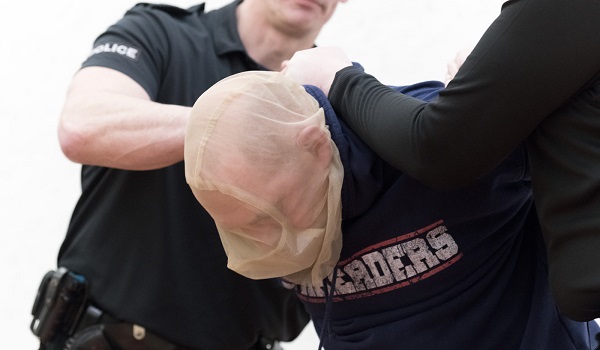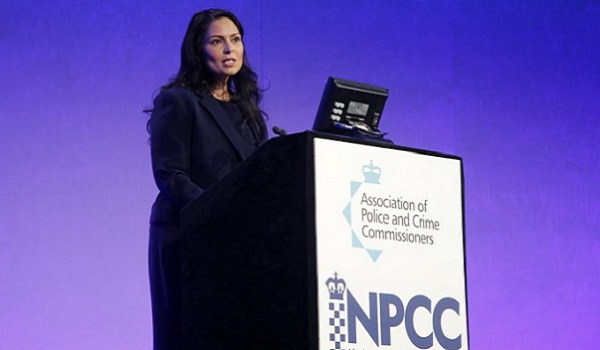IOPC accuses Federation of 'undermining policing' over investigation cost claims
The Independent Office for Police Conduct (IOPC) has rebuked allegations by the Police Federation of England and Wales (PFEW) that its investigations take too long, saying many delays are caused by the Federation itself.
Earlier this week, as part of its long-running Time Limits campaign that seeks to highlight the detrimental impact of lengthy disciplinary investigations, the PFEW released figures showing that protracted investigations were costing taxpayers millions of pounds each year.
In the case of an officer suspended from duties, a six to 12-month investigation was found to cost approximately £67,968, rising to £453,115 per officer after five years. This is due to the force having to fully replace them until proceedings conclude with other officers backfilling and working extra hours to plug the gaps.
PFEW conduct and performance chair Phill Matthews said: “Protracted misconduct investigations have not only ruined the careers of so many officers, but have severely impacted their mental health, their families and their colleagues- and now we can evidence they are a huge drain on the public purse.”
However, a spokesperson for the IOPC said: “We don’t recognise the figures published by the Police Federation. We are disappointed these were not shared with us before publication as we believe they are inaccurate, misrepresent our work, and risk undermining the system set up to maintain public trust in the complaints system and policing as a whole.
“We have many examples where requests to interview subject officers have taken months to action and where witnesses are given Federation advice not tell us what happened without taking legal advice. In some cases, officers who have been willing and prepared to speak to our investigators have withdrawn their cooperation on Federation advice.
“These actions unnecessarily prolong the process and contribute to the costs for everyone involved – the officers they represent, complainants, victims and bereaved families. The public deserve a system of police accountability that works together and is not divisive.”
The IOPC also disputed the notion that its investigations were not being completed in timely manner.
“We are playing our part in reducing unnecessary delays – 90 per cent of our investigations are already completed within 12 months and a large proportion of those within six months,” said the spokesperson.
“Of the small number that take longer, these are complex investigations, often looking at historical allegations and can be delayed by concurrent inquests or criminal proceedings, legal challenges and other complications. There can be a wide of range of reasons for delays, many of which are outside the control of the IOPC.
“We recognise the impact of lengthy investigations on police officers, complainants and families and that is why we are committed to working across the complaints and discipline system to improve the timeliness of our investigation as well as associated processes determined by others.”







